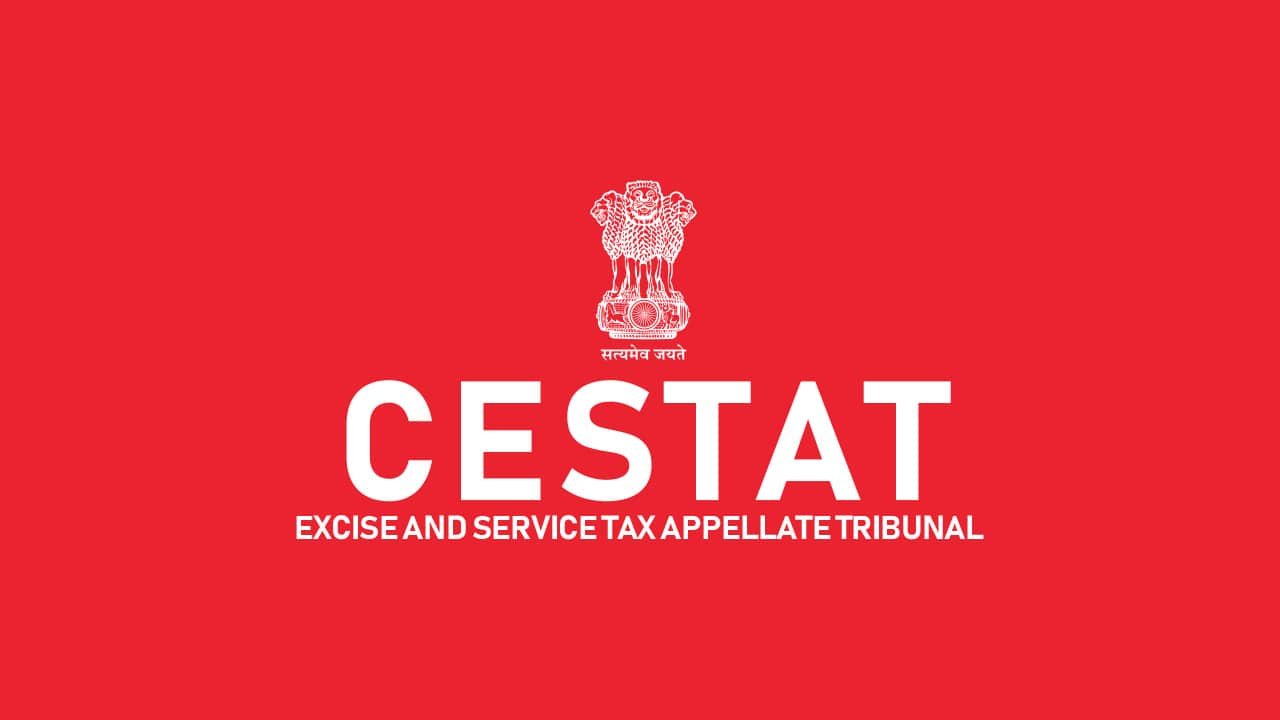SALIENT FEATURES OF SURROGACY (REGULATION) BILL, 2016 PASSED BY LOK SABHA
The Lok Sabha on December 19, 2018 passed the Surrogacy (Regulation) Bill, 2016 which is aimed at prohibiting commercial surrogacy and unethical practices relating to it.
Definition of Surrogacy as per Surrogacy (Regulation) Bill, 2016
As per the Bill, Surrogacy is defined as “a practice whereby one woman carries the child for another with the intention that the child should be handed over after birth”.
Surrogacy may be altruistic or commercial in nature. Altruistic surrogacy involves an arrangement where the couple does not pay the surrogate mother any compensation other than the medical and insurance expenses related to the pregnancy. Commercial surrogacy includes compensation in cash or kind paid to the surrogate mother.
The salient features of the Surrogacy as per Surrogacy (Regulation) Bill, 2016 are:• To allow altruistic ethical surrogacy to intending infertile couple between the age of 23-50 years and 26-55 years for female and male respectively.
• The intending couples should be legally married for at least five years and should be Indian citizens.
• The intending couples have not had any surviving child biologically or through adoption or through surrogacy earlier except when they have a child and who is mentally or physically challenged or suffer from life threatening disorder with no permanent cure.
• The intending couples shall not abandon the child, born out of a surrogacy procedure under any condition.
• The child born through surrogacy will have the same rights as are available for the Biological child.
• The surrogate mother should be a close relative of the intending couple and should be between the age of 25-35 years. She can act as surrogate mother only once.
• The surrogate mother will carry a child which is genetically related to the Intending Couple.
• An order concerning the parentage and custody of the child to be born through surrogacy, is to be passed by a court of the Magistrate of the first class.
• An insurance coverage of reasonable and adequate amount shall be ensured in favour of the surrogate mother.
• National Surrogacy Board shall exercise the powers and shall perform functions conferred on the Board under this Act.
• The Board shall consist of the Minister in-charge of the Ministry of Health and Family Welfare, as the Chairperson, Secretary to the Government of India in- charge of the Department dealing with the surrogacy matter, as Vice-Chairperson and three women Members of Parliament, of whom two shall be elected by the House of the People and one by the Council of State as Members.
• The National Surrogacy board and State Surrogacy board shall be the Policy making bodies and Appropriate Authority will be the Implementation body for the Act.
• The appropriate authority shall comprise of an officer of or above the rank of the Joint Director of Health and Family Welfare Department, as Chairperson, an eminent woman representing women’s organization, as member, an officer of Law Department of the State or the Union territory concerned not below the rank of a Deputy Secretary, as member and an eminent registered medical practitioner, as a member.
• The surrogacy clinics shall be registered under this Act after the Appropriate Authority is satisfied that such clinics are in a position to provide facilities and can maintain equipments and standards including specialised manpower, physical infrastructure and diagnostic facilities as may be prescribed in the rules and regulations.
• No person, organisation, surrogacy clinic, laboratory or clinical establishment of any kind shall undertake commercial surrogacy, abandon the child, exploit the surrogate mother, sell human embryo or import embryo for the purpose of surrogacy. Violation to the said provision shall be an offence punishable with imprisonment for a term which shall not be less than ten years and with fine which may extend to ten lakh rupees.
• The surrogacy clinics shall have to maintain all records for a period of 25 years.
• Transitional provision-Subject to the provisions of this Act, there shall be provided a gestation period of ten months from the date of coming into force of this act to protect the wellbeing of already existing surrogate mothers.








